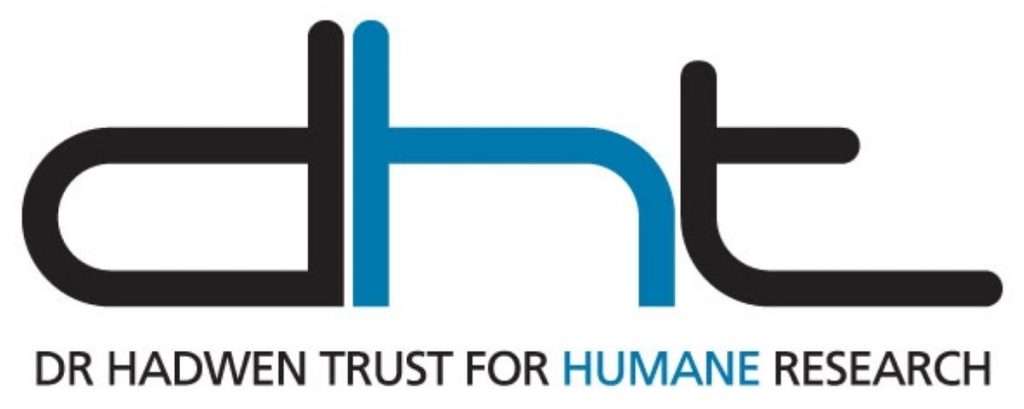Dr Hadwen Trust: Ethical science award goes to pioneering brain scanner team.
Researchers using powerful brain scanners to develop methods of replacing invasive experiments on laboratory animals, have won an ethical science award from non-animal medical research charity, the Dr Hadwen Trust .
Increasing global focus on neurological disease research could mean a massive rise in primate experiments unless there is a greater emphasis on finding non-animal replacement techniques. Home Office statistics published in July 2007 reveal that Britain’s animal experiments have reached over 3 million, the highest in 15 years. The need for more focus on developing replacement techniques is greater than ever, so the Dr Hadwen Trust’s award rewards the efforts of scientists whose work is making a significant contribution in replacements, and puts a much-needed spotlight on the scientific as well as ethical advantages of cutting-edge non-animal research techniques.
The Neuroimaging Research Group at Birmingham’s Aston University, has pioneered human volunteer research using a non-invasive brain scanner called MEG (magnetoencephalography) which is revolutionising human brain research and helping to replace brain experiments on primates, cats and dogs. MEG measures the magnetic fields naturally present outside the head due to electrical activity in the brain. The technique is completely non-invasive and harmless.
This ground-breaking work has been recognised by the Dr Hadwen Trust, with its award for Outstanding Scientific Contribution to Animal Replacements presented on August 15th. Science Officer Nicky Gordon presents the award at the Vision Sciences Building, followed by a unique tour and demonstration inside the MEG laboratory.
The Dr Hadwen Trust first funded the unique MEG project back in the 1990s when Aston operated the only MEG machine in the United Kingdom. Aston’s research was vital in demonstrating MEG’s capabilities and expanding its use. The School of Life and Health Sciences now combines a range of complementary non-invasive brain research techniques, including MEG, fMRI (functional magnetic resonance imaging), EEG and MRS (magnetic resonance spectroscopy), to build up an accurate picture of how the human brain functions.
The MEG and other systems are being used in a programme of wide-ranging humane research projects, overseen by MEG Laboratory Director, Prof Paul Furlong. Key research areas include human behaviour, epilepsy, pain, hearing, speech and language, and non-invasive drug development for neurological illnesses such as Alzheimer’s disease and depression.
“The World Health Organisation estimates that by 2020, mental health disorders will be the second most common cause of death and disability. Illnesses like depression, dementia and autism are understandably becoming the focus of new research around the world, and some researchers are arguing for an increase in experiments on monkeys. But monkeys’ brains are different to our own and we have a moral responsibility to these highly sentient animals.
That’s why Aston’s research has been chosen to receive our award, recognising the immense contribution it has made and continues to make in improving the quality of brain research by replacing monkey experiments with the very latest, cutting-edge scanning techniques.”
Despite the ethical and research advantages of these brain scanners, one of the hurdles preventing them being applied more widely is lack of access to, and expertise in, such advanced non-animal techniques. So Aston’s researchers are tackling that obstacle by providing training and access to the new technologies including the UK’s first Masters course in Neuroimaging launched in 2005.
Says Prof. Paul Furlong, Aston University:
“We are very proud and honoured to receive this award from the Dr Hadwen Trust in recognition of our work. A major challenge in understanding human mental illness and developmental disorders is the development of techniques to study the working human brain non-invasively. It is our belief that the methods we are helping to develop should ultimately replace some research currently performed on non-human primates.”





-01.png)